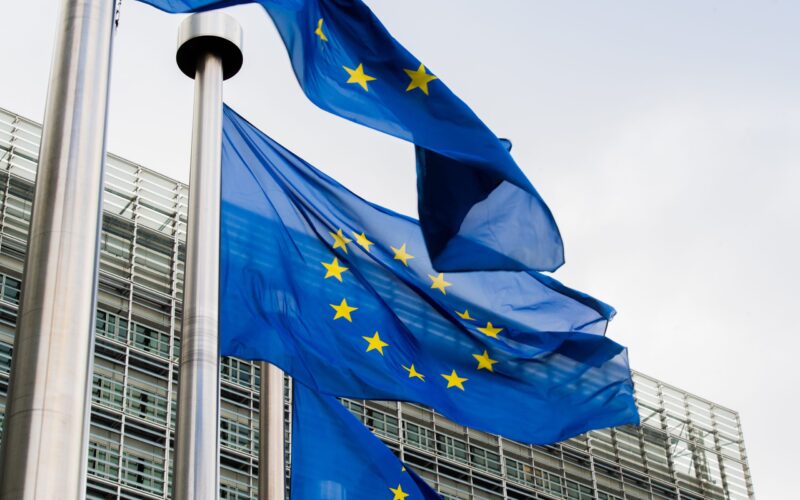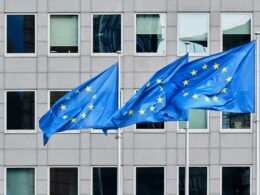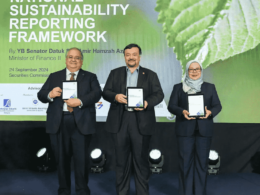The European Commission has announced the release of new guidance documents and an enhanced international cooperation framework to assist global stakeholders, EU Member States, and third countries in preparing for the implementation of the EU Deforestation Regulation (EUDR).
In response to concerns from international partners about their preparedness, the Commission has proposed extending the law’s application date. If approved by the European Parliament and Council, the EUDR would take effect on December 30, 2025, for large companies, and June 30, 2026, for micro- and small enterprises. The additional 12-month period would serve as a phase-in period to ensure smooth implementation, even though the technical tools are already ready.
The newly published guidance aims to clarify rules for businesses and enforcement authorities and is part of the Commission’s ongoing support since the EUDR’s adoption. Despite intensive preparations by many stakeholders, feedback received, including at the United Nations General Assembly in New York, highlighted uneven levels of readiness across Europe and among global partners.
Acknowledging the complex nature of the EUDR and the involvement of diverse international actors, the Commission considers this 12-month extension as a balanced solution to support operators worldwide. The goal is to ensure effective implementation of the regulation, which is key to addressing the EU’s contribution to the global issue of deforestation. The extension does not affect the law’s objectives or content, as agreed by EU co-legislators.
The guidance documents are the result of collaborative efforts between stakeholders and authorities to ensure uniform interpretation of the law. They provide updates on penalties, clarify key definitions like ‘forest degradation,’ ‘operator,’ and ‘placing on the market,’ and offer further instructions on traceability obligations. The guidance is divided into 11 chapters, covering various topics such as legality requirements, the timeline for application, agricultural use, and product scope, all supported by practical examples. A new FAQ section, featuring over 40 additional answers, has also been released to address queries from stakeholders worldwide.
Additionally, the Commission unveiled its methodology for the EUDR benchmarking exercise, which will classify countries as low, standard, or high risk. This will assist operators in conducting due diligence and aid authorities in monitoring compliance. Most countries are expected to be classified as ‘low risk,’ allowing greater focus on regions facing more severe deforestation challenges.
To ensure smooth global implementation, the Commission, in collaboration with the European External Action Service, has introduced a strategic framework for international cooperation on the EUDR. This framework outlines five priority action areas, eight guiding principles—such as a human rights-centered approach—and tools including dialogue and financial support. It aims to foster a just and inclusive transition to deforestation-free agricultural supply chains, leaving no one behind. The success of this partnership will depend on the commitment of EU partners to meet global deforestation targets.
The EUDR Information System, where businesses will register due diligence statements, will start accepting registrations in early November, with full operations beginning in December. Companies and traders can submit due diligence statements before the law comes into effect.
The EU Deforestation Regulation is designed to ensure that key goods placed on the EU market do not contribute to deforestation or forest degradation in the EU or globally.






















